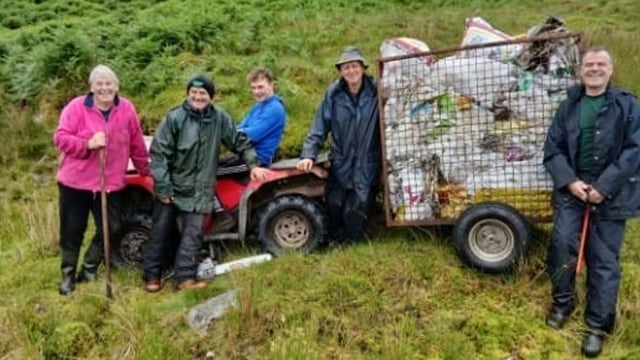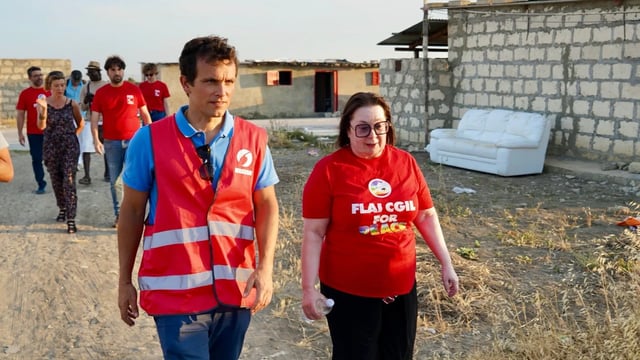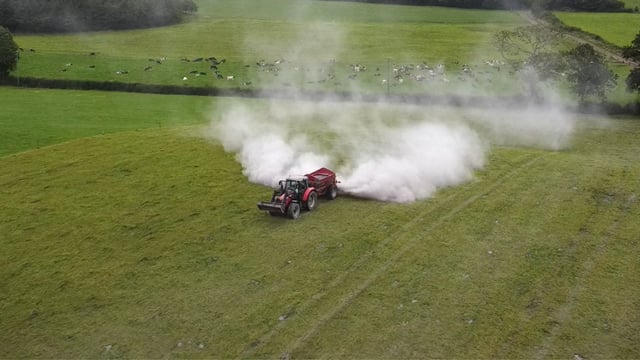Call for stronger support for agri emission reduction measures
The Irish Farmers' Association (IFA) has said that stronger support for emission reduction measures in the agriculture sector is urgently needed.
The association was reacting to a report published today (Friday, July 4) by the Environmental Protection Agency (EPA) showing that agriculture emissions decreased by 1.7% in 2024.
The EPA said that this was primarily due to a 2.9% reduction in cattle numbers.
IFA Environment Committee chair John Murphy said that balancing food production with the accelerated adoption of reduction measures must be the long-term climate action strategy for the sector.
“What we need is targeted support to help farmers implement practical, science-based strategies that reduce greenhouse gas emissions while maintaining food production and safeguarding rural livelihoods," he said.
According to the latest EPA data, total agricultural emissions in 2024 were 20.4 million tonnes of carbon dioxide equivalent (CO2eq), representing a 1.7% decrease compared to 2023.
Murphy emphasised the critical role of agriculture in Ireland’s economy - particularly in rural areas - and called for urgent policy action.
“We need meaningful incentives and financial support schemes to accelerate the uptake of emissions mitigation measures on farms. These supports must be a priority in the upcoming budget,” he said.
“Helping farmers take action now is both sensible and cost-effective. It also protects the State from potentially significant EU fines," he added.
Murphy pointed to a number of "cost-effective and high-impact measures" outlined in the Climate Action Plan 2025 and highlighted by the Climate Change Advisory Council (CCAC), which must be urgently supported through government policy:
- Adoption of approved feed additives for housed animals and incorporation of additives into slurry to reduce emissions;
- Encouraging earlier finishing of livestock by reaching target carcase weights sooner.
- Developing a robust support framework to enable a farmer-led, agri-centric approach to biomethane production.
“To overcome barriers such as high upfront costs, technical complexity, and uncertainty around new technologies, farmers must be supported now to take decisive climate action.
"Without this support, we risk undermining both our climate goals and the future of Irish agriculture,” Murphy said.





